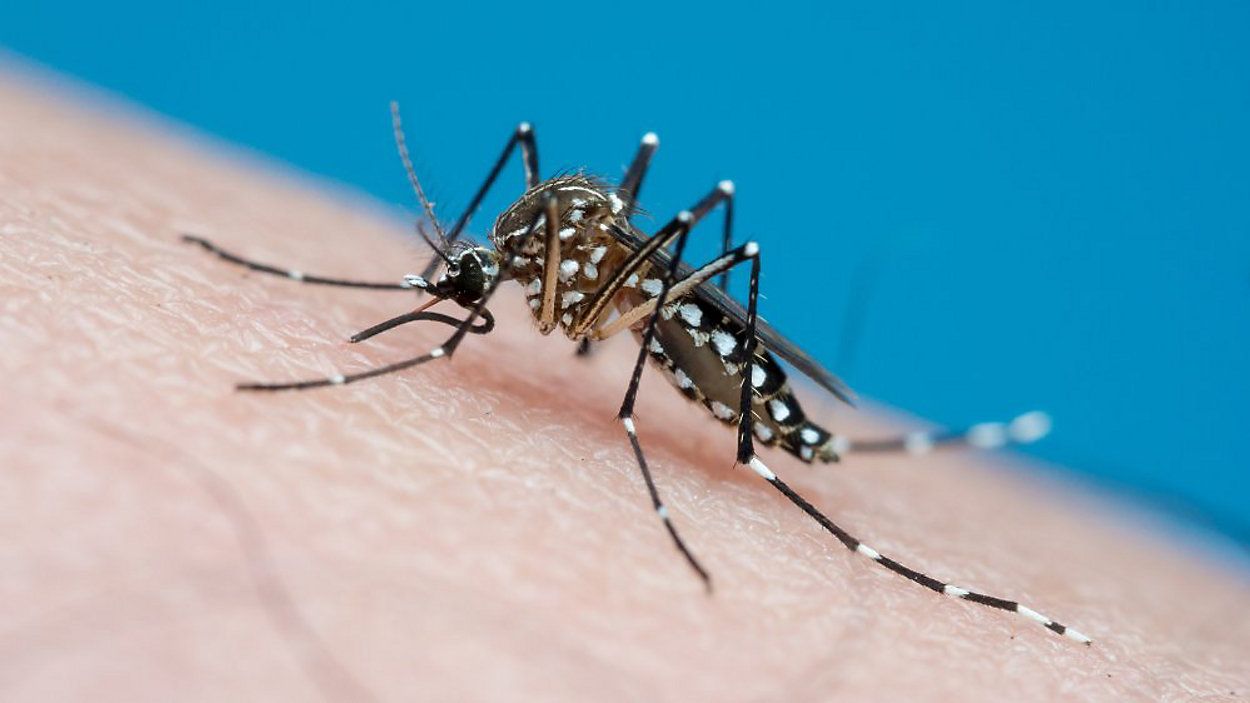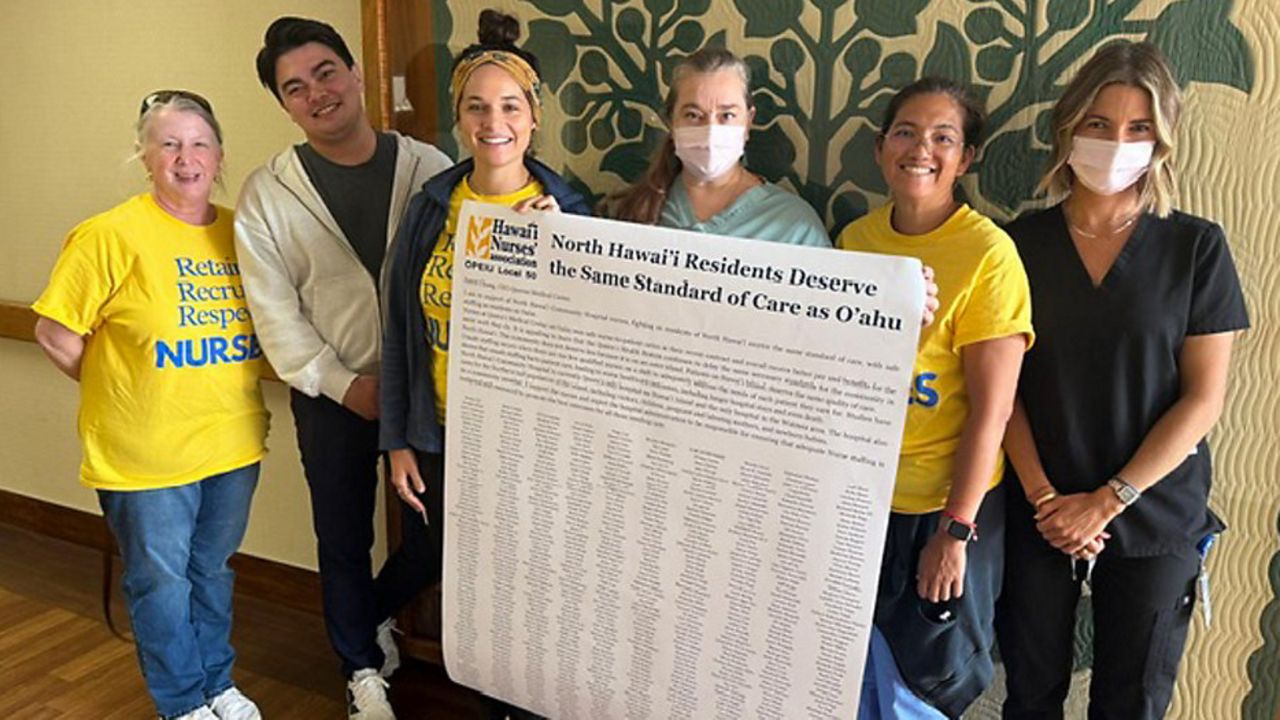HONOLULU — On Friday, the Hawaii Department of Health reported two additional cases of mpox, or monkeypox, on Oahu following a single case announced on Sept. 28.
This is the third case of mpox reported in Hawaii in 2023, bringing the total number of cases to 44 since June 3, 2022, according to the DOH.
The department will continue to conduct contract tracing and follow up on all reported cases. Health officials advise anyone at a higher risk of mpox infection to consider vaccination with two doses of the JYNNEOS vaccine, which is available statewide.
The two-dose vaccination series is administered 28 days apart. Those who have not had the second dose are encouraged to make an appointment.
People at higher risk who should consider vaccination include:
• Individuals who meet both of the following criteria: Gay, bisexual and other men who have sex with men, as well as transgender people who have sex with men and have multiple or casual sex partners or expect to have risk for mpox in the future.
• People who have a sex partner in any of the categories described above.
• Anyone who has been in close contact within the last 14 days with a person known or suspected of having the mpox infection.
• Persons with severely compromised immune systems.
• Anyone in any of these categories who has received only one mpox vaccine dose.
The DOH says the risk of mpox infection remains low for most Hawaii residents. Current cases nationwide and in Hawaii are primarily spreading among social networks of gay, bisexual and other men who have sex with men. However, anyone — regardless of sexual orientation or gender identity — who has been in close contact with someone with mpox is at risk of infection.
Mpox is spread mainly through close, intimate contact, as well as through large respiratory droplets that generally do not travel more than a few feet.
Mpox symptoms include flu-like symptoms, swollen lymph nodes or new or unexplained rash or sores. If you experience any of these symptoms, avoid close contact with others until getting checked by a health care provider. Do not share bedding, clothing or toothbrushes with anyone.
Visit the DOH Disease Outbreak Control Division website for more information on mpox and clinics that offer the JYNNEOS vaccine.
Sarah Yamanaka covers events, environmental and community news for Spectrum News Hawaii. She can be reached at sarah.yamanaka@charter.com.









